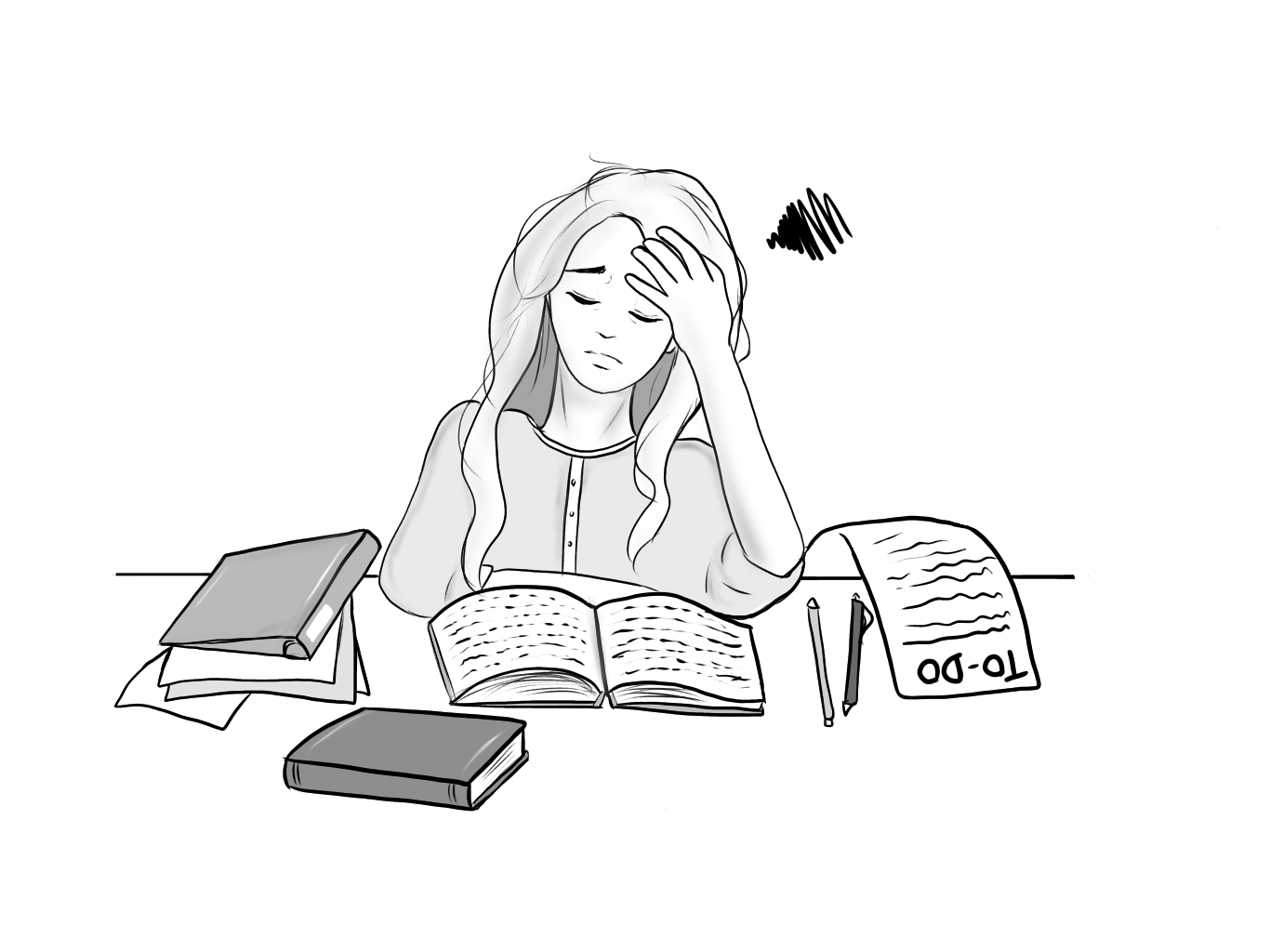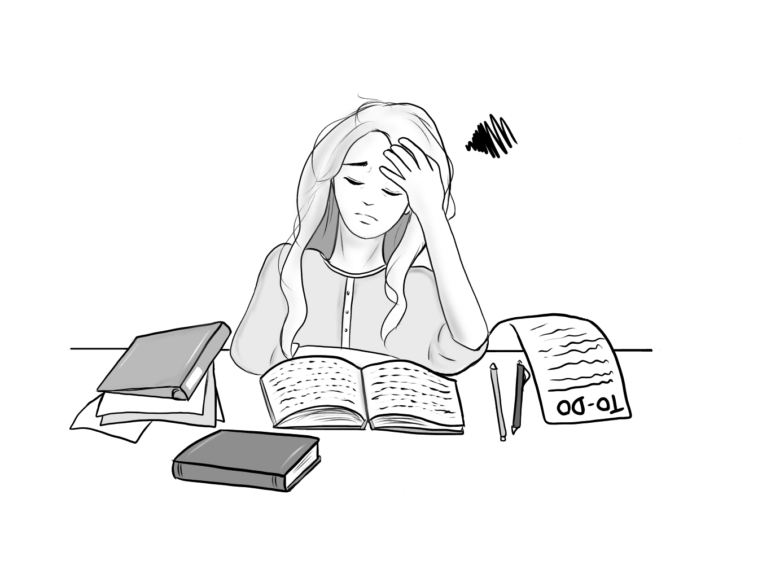
In October, Gov. Gavin Newsom signed new legislation mandating a later start time for all public middle schools and high schools in California. The bill will take effect 2022-23 school year and requires that middle and high schools start at 8 and 8:30 a.m. respectively.
“There’s quite a bit of research that suggest[s] that kids don’t get enough sleep and will benefit from a later start time,” said Superintendent Kevin Skelly.
In order to maintain the same amount of hours students stay at school each day, schools will finish later in the afternoon. This allows students to sleep in but also limits their time after school.
“[Students] are not disciplined about sleep the way they should be … I think that if kids sleep more, that’s great,” Skelly said. “[However], I am worried about the effect on the overall load management by kids because of the later time school will end.”

The legislation is the third attempt to require a later start time for schools in California. Similar bills were rejected in 2017 and 2018.
“The bill was passed in previous years but the governor at that time, Jerry Brown, vetoed it,” Skelly said. “His reasoning was that decisions about starting time should be made by local school districts.”
Generally, Skelly does not support the bill.
“I think it should be a local control issue and the impact on students is overall not positive,” Skelly said. “If kids want to take later classes, they have the opportunity now … they don’t have to take first period.”
The San Mateo Union High School District also considered pushing back start times back in the 2016-17 year. This plan was never implemented due to the inconvenience it would create.
“Issues associated with non-implementation were concerns expressed by parents and staff members,” Skelly said. “[They were] about challenges with traffic, daycare, after school activities and younger kids.”
Assistant Principal Lisa Nagendran elaborated in detail about these issues.
“It might be a hardship for some families depending on when parents start work,” Nagendran said. “I also know for…families who are coming from the other side of 101, the traffic gets more and more crazy as the morning progresses.”
Although students will have the opportunity to wake up later, teachers may not necessarily get extra sleep in the morning. They are required to be in school for at least 7.5 hours each day.
“[The new start time] doesn’t affect me any differently,” said Health teacher Justin Cottrell. “The only immediate benefit I can probably see from it is that I might have a little bit of extra time to prep in the morning.”
Spanish teacher Amelia Salis saw the time change as a chance for her to work efficiently in the morning.
“As a teacher, I could get to school earlier before my students and work when campus is quiet,” Salis said. “This can be a productive time for both teachers and students who don’t sleep in.”
Athletes’ schedules, in particular, will be affected because their practice schedules may need to shift according to the new school end time.
“It could have a negative effect on the number of players that try out,” said badminton coach Linda Brown. “With the later start time, the start and end of practices is pushed back. As a result, study and homework time is lost…since students would be getting home later.”
Freshman Christien Wong responded to this by coming up with a strategy to deal with the loss of time to do homework.
“I will try to manage [this] by scheduling out what homework I do and when, then by sticking to the schedule as best as possible,” Wong said. “Overall, I would have to be more conscious of my time, and plan ahead to adjust to having less [free] time.”
Sophomore Nicky Dobbs, who is on cross country, brought up another issue they will face due to the new schedule change.
“If we’re arriving to school half an hour later, that’s half an hour less time we have in the sunlight,” Dobbs said. “We [would also] have less time to decompress and relax. You’re supposed to [wait] two hours [after] physical exercise [before sleeping].”
The governor gives California schools a 3 year time period to adjust before the implementation starts.
“Our school district hasn’t committed to making any quick decisions on this,” Nagendran said. “ We are also going to take time to plan and make sure we are doing it thoughtfully.”
Regardless of the variety of opinions on this controversial topic, high schools in California will officially start at 8:30. a.m or later by the fall of 2022.
